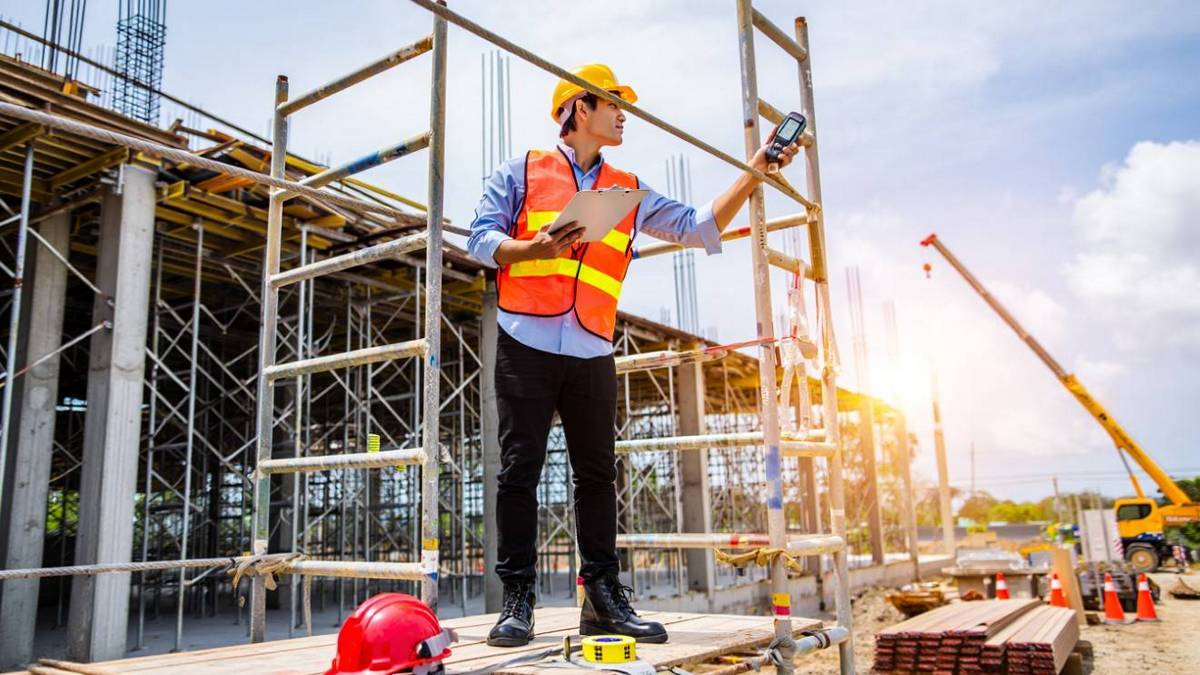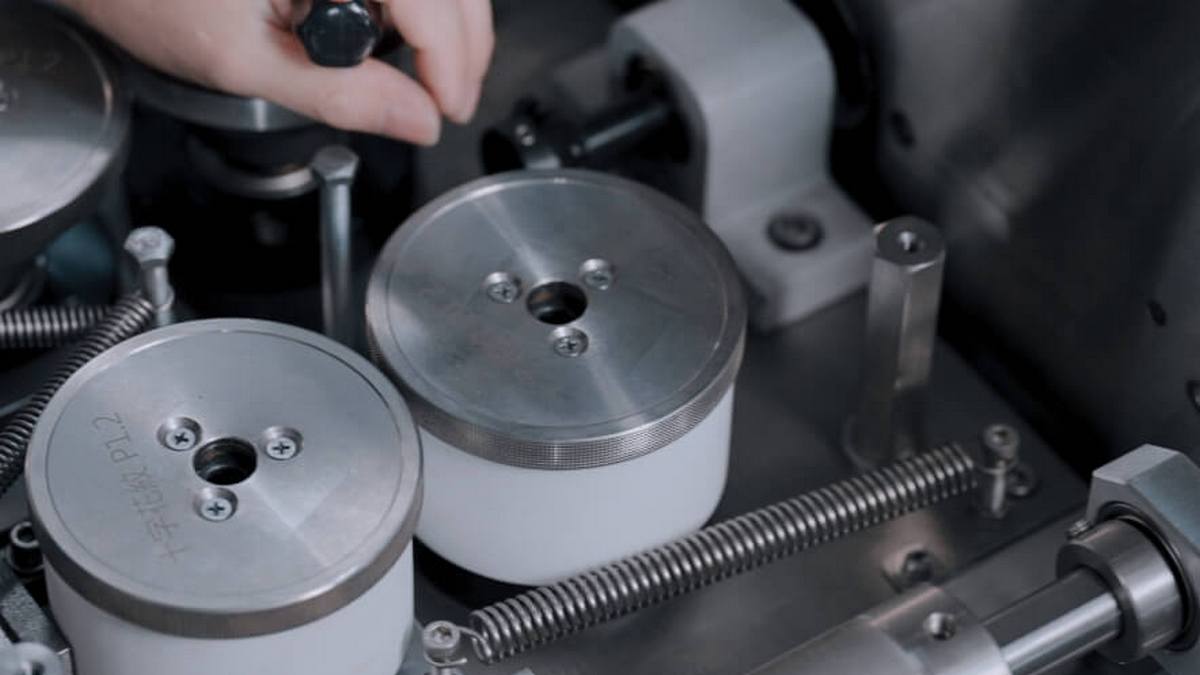A smart city is to improve the quality of life of citizens through the innovative application of technology, from the early practitioners developed independently, now smart cities are more emphasis on user-centered and build a smart ecosystem.
According to Gartner's observation, by 2023 there will be many partners in the entire smart city ecosystem, and 85% of related applications will be participated by the public and private sectors.
In a narrow sense, smart cities use a variety of advanced technological means, especially information technology, to improve urban conditions and make urban life more convenient; in a broad sense, they should optimize and integrate various resources as much as possible. Urban planning and architecture are pleasing to the eye and let life live in them Citizens can cultivate a pleasant temperament instead of stress, in short, it is a city suitable for people's comprehensive development. [1] A smart city is a city form under the support of a new generation of information technology and the next generation of the knowledge society. It is based on comprehensive and thorough perception, broadband ubiquitous interconnection, and intelligent integration applications to build an institutional environment and ecology that is conducive to the emergence of innovation and realizes people-oriented sustainable innovation featuring user innovation, open innovation, mass innovation, and collaborative innovation. Shaping the city's public value and creating unique value for each citizen living in it, and achieving sustainable development of the city and region. Smart cities can be said to plan cities with smart ideas, build cities with smart methods, manage cities with smart methods, and develop cities with smart methods, thereby improving the accessibility of urban space and making the city more long-term.
Now smart city projects in various countries are in full swing, including smart transportation, public safety, smart buildings, etc. The next stage will bring together players to establish an ecosystem of smart city platforms. For example, creating a smart parking service not only affects parking, but also includes the convenience of moving from point A to point B, and even affects how the logistics industry transports it so that participants can make the service more efficient through data insight and data exchange. Or smart street lights can be combined with digital information stations, air quality sensors, or even to collect information on people flow, and use these data for mass management.
Data collection and exchange become a trend
To build a smart city ecosystem, data collection and exchange will become an important trend. The large amount of data collected through the Internet of Things devices, through the cooperation of the public and private sectors, insights, and analysis of the data, to understand the needs of the people's lives.
The dilemma of technology and privacy: The data collection and analysis involves the dilemma of technology and privacy.
For example, Sidewalk Labs, a smart city subsidiary of Google, plans to build a smart city like "high-tech utopia" in Toronto's Waterfront, Canada. Compared with the current city, it can reduce carbon emissions by 89% on average, and reduce it through shared services. The traffic is crowded, but it is also because of the widespread installation of sensors on the street to collect urban information, which has caused residents' doubts about infringement of privacy. Or applied to the elderly's smart bracelet, when it is detected that the elders leave the safe area, a warning will be issued, and related medical care and civic service units will be notified, resulting in the elders being tracked and monitored at all times, which is likewise deprived of privacy, which leads to new questions about whether technology is making people freer or whether it violates personal privacy.
To create a data-oriented urban economy, government units need to formulate data use standards and confirm whether the data acquisition methods are ethical. To let the public, understand the impact of data use and digitization, Gartner has also launched a digital equity research project to further explore the degree of digital services provided by the government, which will bring the greatest convenience to citizens' lives. Help to expand the scale and promote smart cities in the future.
5G applications are gaining momentum
As countries begin to deploy 5G on a large scale, can they drive the development of smart cities? 5G has advantages in the transmission of data, but the development of smart cities is mostly in the exchange of data, and the optical 4G network is enough. However, 5G communication is helpful for services such as self-driving cars and face recognition images. It can also achieve data contextualization and provide personalized services, such as food delivery robots. In the future, it can achieve face recognition, increase payment processes, and let More diverse applications. The next wave of smart city revolution will bring new inflection points through data exchange and the establishment of an ecological circle. At the same time, relevant units must also formulate data use standards to reduce the public's privacy concerns, to achieve a win-win situation for the government, industry, and citizens.











.jpg)


